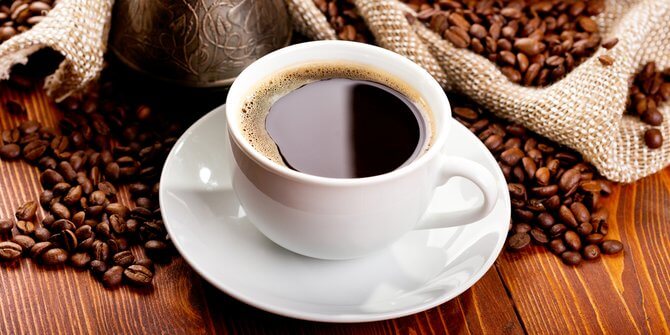To support sports performance, some foods and drinks are recommended for consumption by sports lovers, from those that are proven to be useful for supporting sports performance to those that are thought to be mere myths. Sports lovers must be more selective in filtering which food and drinks to consume and not be easily tempted by myths that have not been proven true. For this reason, Kachimeshi will discuss myths and facts related to food and drink that are often heard among sports lovers.
1. Higher protein intake can improve performance? Myth
The fact: consuming protein > 2.5 g/Kg BW/day does not improve performance and instead causes dehydration. Consuming large amounts of protein for a long time increases the risk of dehydration because people on a high-protein diet don't feel thirsty, so they tend not to consume enough water.

2. Better to exercise on an empty stomach? Myth
The fact: when exercising on an empty stomach it means the fuel tank is also empty so the body doesn't have enough energy reserves during exercise. Try to eat a balanced nutritious diet 3-4 hours before your workout so you have plenty of energy to burn.
3. Coconut water has the same benefits as sports drinks? Myth
The fact: sports drinks must meet the needs of carbohydrates, electrolytes, and sodium so that the body is immediately hydrated. Meanwhile, coconut water does not contain these components. Therefore, making coconut water a drink during exercise is an inappropriate choice.
4. Can coffee improve performance? Fact
The fact: drinking 2 cups of coffee 1 hour before workout or match can support the body in burning fat and storing glycogen reserves. In addition, caffeine can also increase the strength of muscle contractions which are beneficial for aerobic and anaerobic exercises.

5. Sports drinks are better than mineral water? Fact
The fact: sports drinks are more recommended than mineral water because they can improve performance during training and matches, both with heavy intensity and long duration. However, beyond training and matches still meet our fluid needs by consuming mineral water.
6. Consuming more fat can improve sports performance? Myth
The fact: Eating a high-fat diet can increase muscle dependence on fat as fuel during long-duration exercise, thereby conserving limited muscle glycogen. However, excess fat consumption does not affect improving sports performance.
Those are the myths and facts about food and drink that are often present among sports lovers. From these myths and facts, are there any myths or facts that you have believed to be true for a long time?